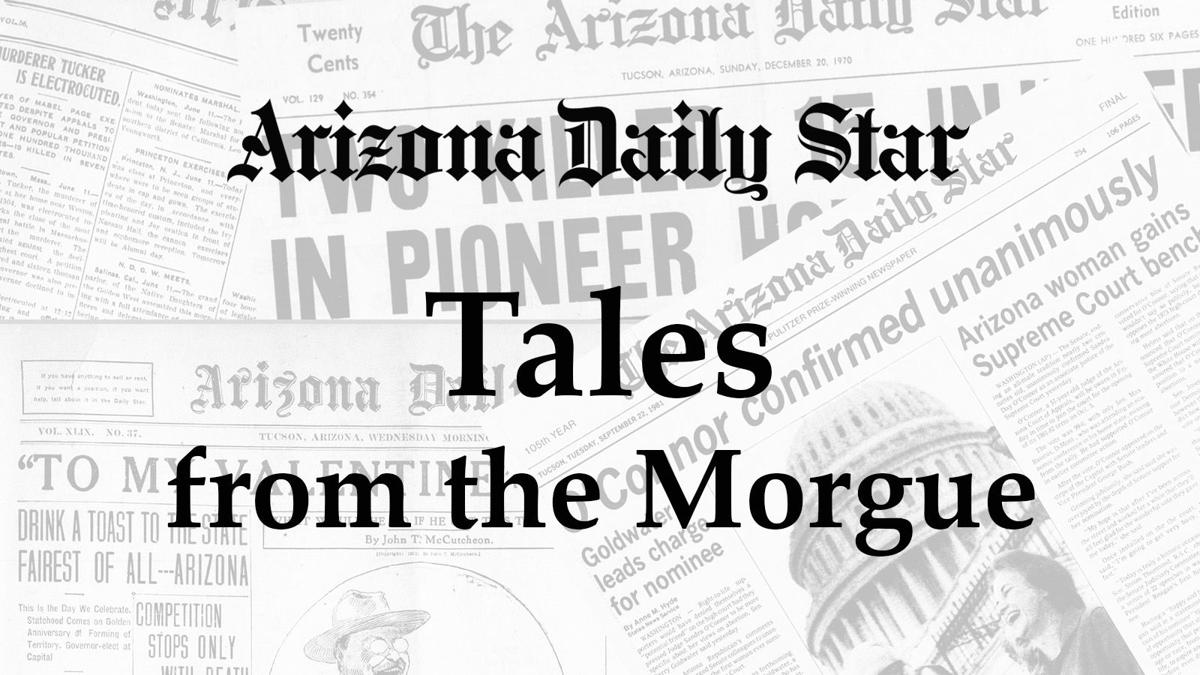The phone workers strike that began April 18, 1968, ended May 6 for local workers. There was some balking in a few eastern cities.
But of course, before the strike ended, there was some picketing.
From the Arizona Daily Star, Sunday, April 21, 1968:
Picketing Continues In Tucson
Striking Western Electric and Communications Workers of America personnel continued picketing Tucson telephone buildings yesterday, but phone service was near normal.
“There were some slight delays in long distance service, but the operation was improved from Thursday’s (when the strike began),” Cliff Parmenter, special representative of Mountain States Telephone and Telegraph Co., said.
Local picketed buildings were the east office, 1028 N. Country Club Rd., main office, 124 E. Pennington, and the Flowing Wells office, 4425 N. Flowing Wells Rd.
Picket lines continued at Phoenix, Tempe and Flagstaff but there was no such activity in Yuma, Douglas, Sun City and Youngstown, scenes of previous picket action.
Nonunion personnel had filled about two-thirds of the strikers’ job by Friday. Supervisory personnel handled the remaining assignments.
There was a slight increase in direct distance dial calls throughout Arizona Friday, according to Parmenter.
The Morgue Lady suspects that while most people didn't see a big change in service, there must have bee some slow down. She also suspects that the supervisors were gaining a new appreciation for their striking coworkers.
From the Star, Monday May, 6, 1968:
Back On Jobs Today
CWA Local OKs Phone Strike End
Workers In 2 Cities Are Balking
Local telephone workers will be back on the job today after ratifying a new three-year contract.
Other Arizona locals and Rocky Mountain region workers will follow the national back-to-work trend which officially began at midnight.
Almost 7,000 Communications Workers of America (CWA) union members in Detroit and some New York City local unions announced that they would refuse to go along with the settlement ending the 18-day nationwide strike.
Detroit members expect to continue negotiations with Michigan Bell Telephone Co. New York locals complained that a Western Electric Co. Installers Unit, had rejected the contract. Western Electric is regarded as the pattern setter for the industry.
Picketing at Tucson’s Mr. States Telephone and Telegraph Co. offices ended at 8:59 last night, according to Dan Van Duesen, Steward of CWA Local 8490.
Ballots counted in Denver, Colorado. — headquarters for Mountain States Telephone — were overwhelmingly in favor of ratifying the new contract, said a spokesman for the Rocky Mountain Region’s Local 8519. The local covers CWA members in the seven Rocky Mountains states and El Paso, Tex.
A union spokesman in Washington said that 14 Bell System units endorsed the agreement, called by leaders the best ever reached in the industry, while the Michigan Bell System voted to reject.
He said final tallies are incomplete in two other units but the number of votes involved is too small to upset the results.
The national vote determines whether the strike ends.
The news of the acceptance came after early, unofficial returns from some local units had indicated fairly widespread opposition.
Some 200,000 workers are directly involved in the strike. But the proposed three-year pact would apply to all the 400,000 CWA members employed in the Bell Telephone System. And its terms would be expected too provide a pattern for some 200,000 other union members employed by the system.
Since the strike began April 18, service has been maintained at close to normal levels.
They probably noticed a difference in service in New York City.





